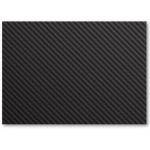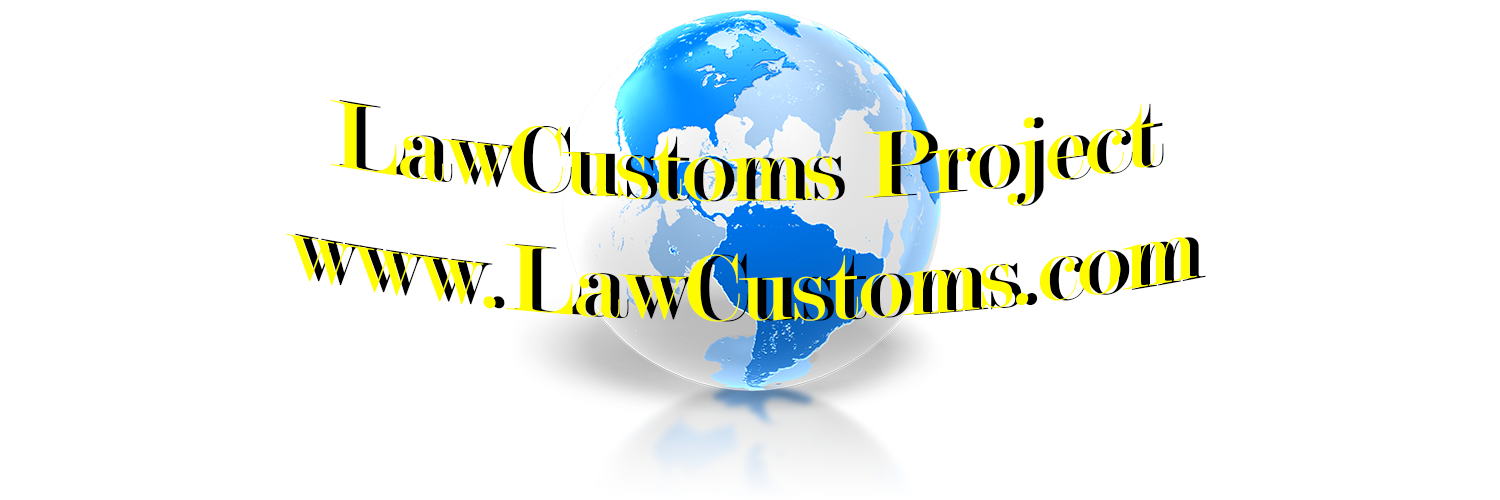 As a subscriber to Bureau of Industry and Security (BIS) email notifications, I received a letter about two entities being charged with attempt (conspiracy) to export carbon fiber. The letter is reproduced below. I would like to draw LawCustoms guests attention not to the penalty details, but to the extent of export control regime related to carbon fibers in the civil industrial context. More specifically, to the finished product being exported made of controlled carbon fiber.
As a subscriber to Bureau of Industry and Security (BIS) email notifications, I received a letter about two entities being charged with attempt (conspiracy) to export carbon fiber. The letter is reproduced below. I would like to draw LawCustoms guests attention not to the penalty details, but to the extent of export control regime related to carbon fibers in the civil industrial context. More specifically, to the finished product being exported made of controlled carbon fiber.
The centerpiece of the charge was the Export Control Classification Number (ECCN) 1C210, which provides for certain “fibrous or filamentary material.” We know that because 1C210 is in the “C” product group, it deals with materials, rather than the finished product which is usually provided in the “A” product group. See e.g. BIS’s Export Control Basics overview. The relevant ECCN in “A” group is 1A002, which provides for “Composite” structures or laminates wich certain characteristics. Provided that the characteristics are there, Note 2 to ECCN 1A002 provides an exception: “1A002 does not control finished or semi-finished items, specially designed for purely civilian applications as follows: (a) sporting goods; (b) automotive industry; (c) machine tool industry; (d) medical applications.” This means that if the otherwise qualified item is used in any other industry, then export restrictions may apply. Other industries that particularly come to mind is mining and offshore, agriculture, food, and consumer goods (other than sporting) industry. By way of example, if one cells carbon fiber iPhone cases for export that fit the technical criteria, then NS/NP/AT 1A002 controls may apply.
Good luck and be vigilant.
P.S.
Reproduction of BIS Newsletter
FOR IMMEDIATE RELEASE
BUREAU OF INDUSTRY AND SECURITY
Office of Congressional and Public Affairs
April 17, 2012
www.bis.doc.gov
(202) 482-2721
WASHINGTON –The U.S. Commerce Department’s Bureau of Industry and Security (BIS) today announced that Ping Cheng and Prime Technology Corporation, both of New York State, have agreed to $125,000 fines and two-year denial of export privileges for each to settle allegations that they conspired to violate the Export Administration Regulations (EAR). The two-year denial period will be suspended so long as neither commits additional export control violations during the two year period. The violations involve attempts to export carbon fiber to China for use by the China Academy of Space Technology(CAST) without the required U.S. Government authorizations.
“The Office of Export Enforcement’s frontline mission is keeping controlled dual-use commodities out of the hands of those who may harm the national security of the United States,” said Assistant Secretary of Commerce for Export Enforcement David W. Mills.
The carbon fiber materials involved are controlled by BIS for nuclear nonproliferation and national security reasons and are valued at approximately $315,000. BIS alleged that from February 2007 through at least April 2008, Cheng and Prime Technology Corporation conspired with others to export two types of this material to CAST in China, via Hong Kong and Singapore, without the required Department of Commerce export licenses.
As part of this conspiracy, Cheng traveled to Minnesota to inspect the carbon fiber and prepared reports regarding the authenticity of the material. During the inspection, Cheng was provided a letter from BIS which stated in part “[T]his [material] has been classified under Export Control Classification Number (ECCN) 1C210.a. and is controlled for export for Nuclear Non-Proliferation and Anti-Terrorism reasons. As such, a license would be required to export the item to most destinations, including China and Singapore.
Despite those warnings, Cheng, acting on the instructions of a co-conspirator, attempted to export the unlicensed carbon fiber to Hong Kong and Singapore, for ultimate shipment to CAST. The items were stopped prior to being exported, and Cheng was arrested by special agents from the BIS Office of Export Enforcement and the Department of Homeland Security.
“I commend the Special Agents from our Chicago and New York Field Offices, and the Office of Chief Counsel, for their outstanding efforts on this investigation and settlement,” Assistant Secretary Mills said.
Under the terms of the BIS Order, $75,000 in fines for each is suspended, and both are subject to a two-year denial order, fully suspended. Cheng and Prime Technology export compliance officers and employees, including the company’s President, will also attend export control compliance training, and, for a period of two-years, Prime Technology will retain an Item Classification Sheet for every item exported or to be exported from the United States that is subject to the EAR, and is the subject of a transaction in which Prime Technology has an interest.
BACKGROUND
BIS controls exports and re-exports of dual-use commodities, technology, and software for reasons of national security, missile technology, nuclear non-proliferation, chemical and biological weapons non-proliferation, crime control, regional stability, foreign policy and anti-terrorism. Criminal penalties and administrative sanctions can be imposed for violations of the EAR. For more information, please visit www.bis.doc.gov.
